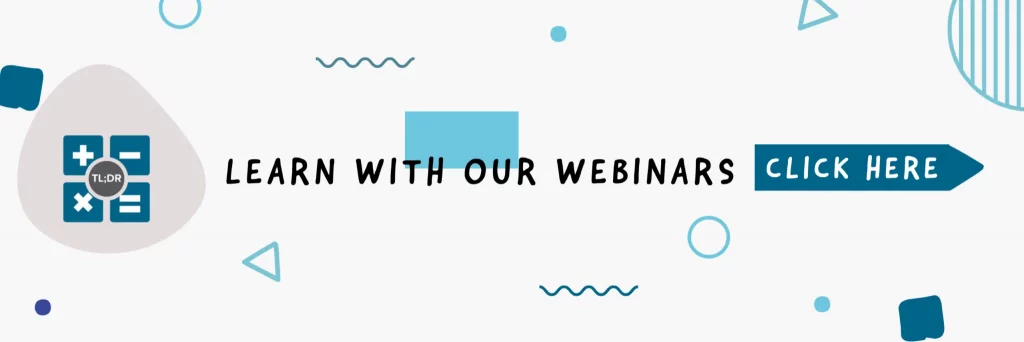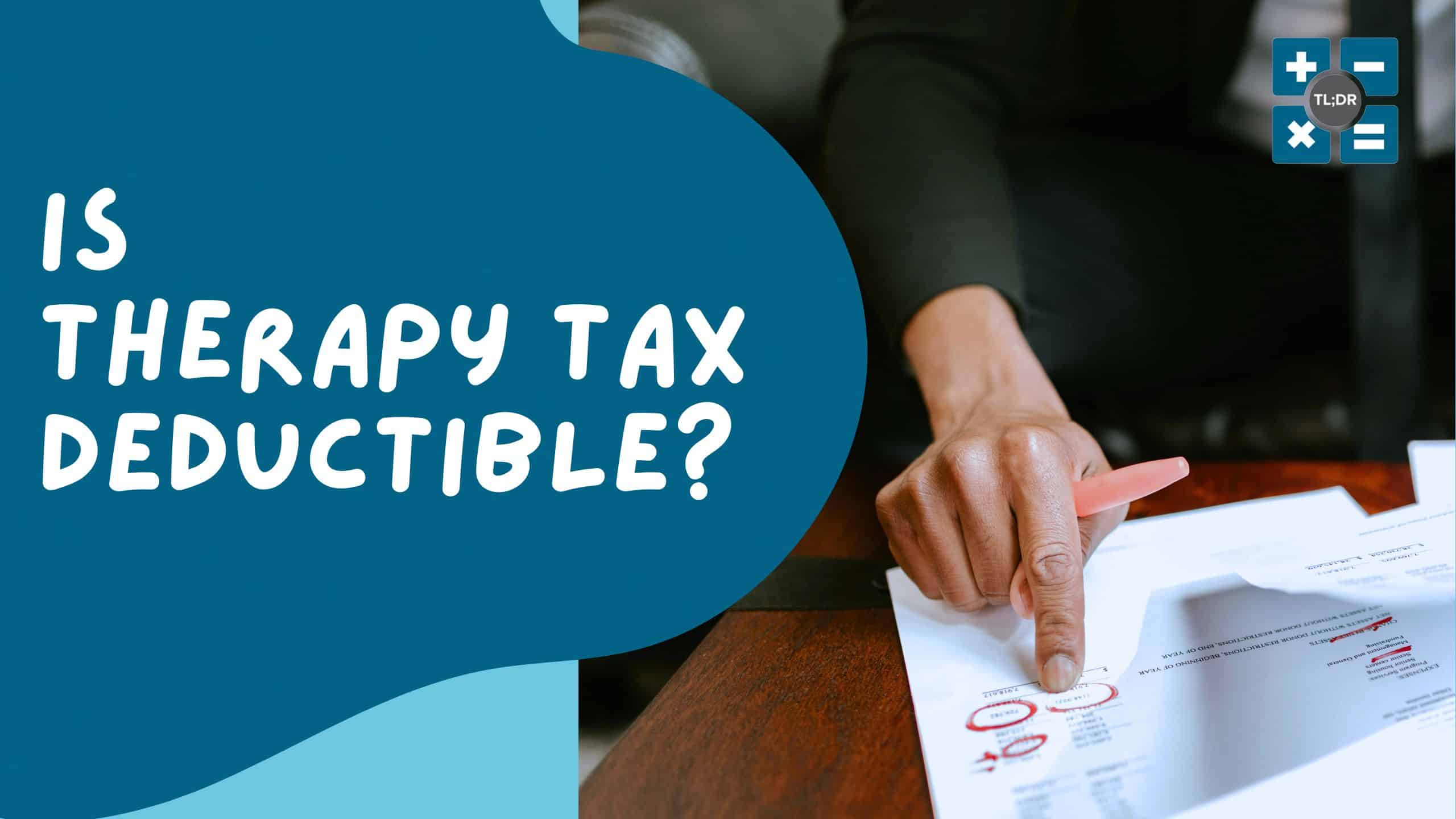If you’re thinking about outsourcing your bookkeeping to us, you might be wondering how it all works. What does it look like, what happens when, and who does what?
Step 1: Meeting and Agreeing on a Proposal
The first step of outsourcing your bookkeeping to us is to meet with Toni and agree on a plan together. We have a standard procedure for setting up new clients, but we know that every business has its own unique needs. Tell us your needs, and together we can assess the scope of the set-up job.
Once an agreement is reached, we will draft a proposal in a software program called Practice Ignition, and it will be time for you to sign the proposal and send your agreed-upon initial payment.
Step 2: Setting Up QuickBooks
Once your proposal has been signed, we will begin collecting information from you so that we can set up your QuickBooks account properly, as we require all of our regular bookkeeping clients to use QuickBooks.During QuickBooks setup, we will talk to you about how you use your books, what you expect of them, and how granular you like your financial statements to be. For example, would you like a separate account for gas and electric utilities, or one account for both?
These talks generally involve one or two video meetings with a member of our bookkeeping staff.
A critical step of QuickBooks set-up that you will need to complete is linking your bank accounts. We can provide instructions on how to do that.
(Optional) Step 2.5: Setting Up Gusto
Clients of ours who use payroll must use Gusto to process payroll payments.
For payroll, it’s critical to ensure that everything is set up properly — benefits, deductions, and any special circumstances. We’ll need to clearly understand how you do employee reimbursements, benefits, time off, and all the other details.
Of course, if you already use Gusto, this process is much faster and simpler.
Step 3: Setting Up B&O Accounts
Washington businesses must file State Business & Occupation tax regularly — either annually, quarterly, or monthly depending on your revenue. Many businesses must also file city tax, depending on which city they are located in. Thankfully there is a central web-based local tax filing system called FileLocal that is used by many Washington cities.
To enable us to file your B&O taxes, we work together to link your taxes. There is a short list of steps we’ll provide to you in order to link your WA State account, and for FileLocal we will send a link request to your login email address.
After Setup: A Month In the Life
Once everything is set up, how does a typical month proceed when you’re signed on with TL;DR Accounting?
First, our bookkeeper will comb through your bank transactions, using multiple sources to gather information on how to categorize them correctly. Many of our clients use ReceiptBank to upload and categorize receipts, after which we can import them into QuickBooks. We also use what we know about your business as well as judicious web searching to categorize everything. The best tool we have, though, is QuickBooks rules — this smart tool automates categorization based on the line description in the bank text.
Once all of your bank transactions are safely in QuickBooks, we’ll be asking you for bank statements in order to ensure that all of your monthly bank transactions made it into your books safely. Please provide us statements for every checking, savings, and credit card account each month shortly after they are available to you. Depending on your business, it might be necessary to also provide PayPal or Stripe statements.
With bank statements in hand, we’ll reconcile your books. This is an essential step for keeping your books in top shape — it is the exact process where we verify that your bank accounts as stated in your books are a 1-to-1 mirror image of the transactions as listed by your bank.
While reconciliation ensures your books are complete, at this point there may be some uncategorized transactions. We’ll list out all transactions that we were unable to prudently categorize, asking for your help to determine the account for each. We know that you are the true expert when it comes to the context behind the transactions in your business; we are just here to help you handle the nuts and bolts of the books.
Once you provide us categories for all uncategorized income and expenses, and provide any other information we need to wrap up your books, we will send you financial statements along with any observations or further questions we have for you. At any time you are free to ask us questions as well!
After all questions are cleared, we will provide you with financial statements. While this signals the end of our part of the monthly process, we ask for your help at this point. Please review your financial statements and let us know if anything looks “off.” As the business owner, you have a much better idea of how much you spent on, say, office supplies in June.
That’s it, we’ve gotten through another month together. If we are filing your income taxes and if we just wrapped up December, then it’s time to begin the income tax workflow, but this is a topic for another article.
TL;DR: Setting you up as a client is a cooperative process. We’ll keep you informed of what we need from you with detailed lists of steps. If this all sounds intimidating, just let us know — our goal is to ensure that you are comfortable through the whole process!






